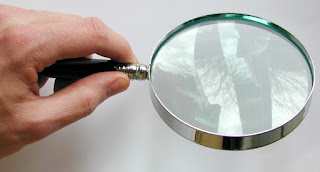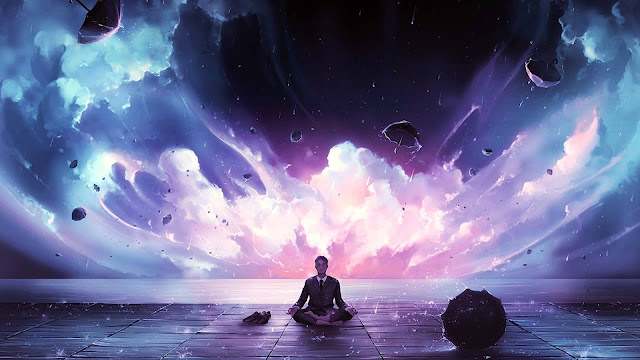How to Investigate the Reality?
Now that we have seen, what is the reality, the difference between perception and reality and the faulty nature of our senses, the most obvious question that comes up is – If our senses are faulty, how do we investigate the reality? We already had discussed the notion of using our intellect in brief in the previous discussion, let’s now look at it in a bit detailed manner.
Ancient Indian Philosophers called Rishis claimed that there are three main ways to prove if something is true. First one of it is direct perception. So, if you see something written here yourself you don’t need anyone else’s confirmation on the same. This is direct perception or Pratyaksha Pramana. Second is Inference. There are certain things that we already know. When we try to know something by comparing or relating it to something that we already know, then that method is called proving by inference. A classic example is a fire on the hill. When someone sees smoke on a distant hill, he readily infers that there is fire on the hill, because as per our knowledge smoke is an effect of fire. This is also called Upmana Pramana.
The third one is called proof by authority or Shabda Pramana. This can either be words of a person who holds authority for certain topics or texts that are considered the authority. At first, it seems quite absurd to just believe something because it is. But, if you look closely you’ll see most of your knowledge if not all is because of this believing and you always try to prove things by reference.
For example, when you feel sick and you go to a doctor. He tells you to open your mouth, uses his stethoscope and tries to listen to your breathing through your lungs or touches at different points in the concerned body part. Then he tells you the name of some disease and you believe it normally. Why? Because you consider him as an authority. You know he has studied medical science and he knows what he is doing or saying.
Another example will be your textbooks. You’ve never seen electrons, protons or anything as such. But you believe it. Why? Because you consider those text books as authority. You know they have been revised number of times to tell you the right thing as close as possible. And you believe that those things are already been tried, tested and found to be true.
Vedas are the teachings that began to get compiled in India before anything else of such kind ever happened anywhere in this world. Vedas literally means knowledge. When we say just knowledge and not knowledge linked with any topic as knowledge of so and so, we mean Absolute Knowledge. So, Vedas contain absolute knowledge about the reality and were considered the supreme authoritative texts in India.
Image Credit: www.freeimages.co.uk
Image Credit: www.freeimages.co.uk




Analogy well explained!! Point absolutely clear and nothing which people would not connect to. Nice one
ReplyDeleteThanks a lot Neelabh.
Delete